Retreats usually spell defeat for the great generals of history. Many avoided it at all costs, but the truly brilliant knew when to charge into battle and when to leave it. Sometimes, the best way to win the day was by pulling back. These armies might not have won the battle, but most of them won the war.
The Dunkirk Evacuation
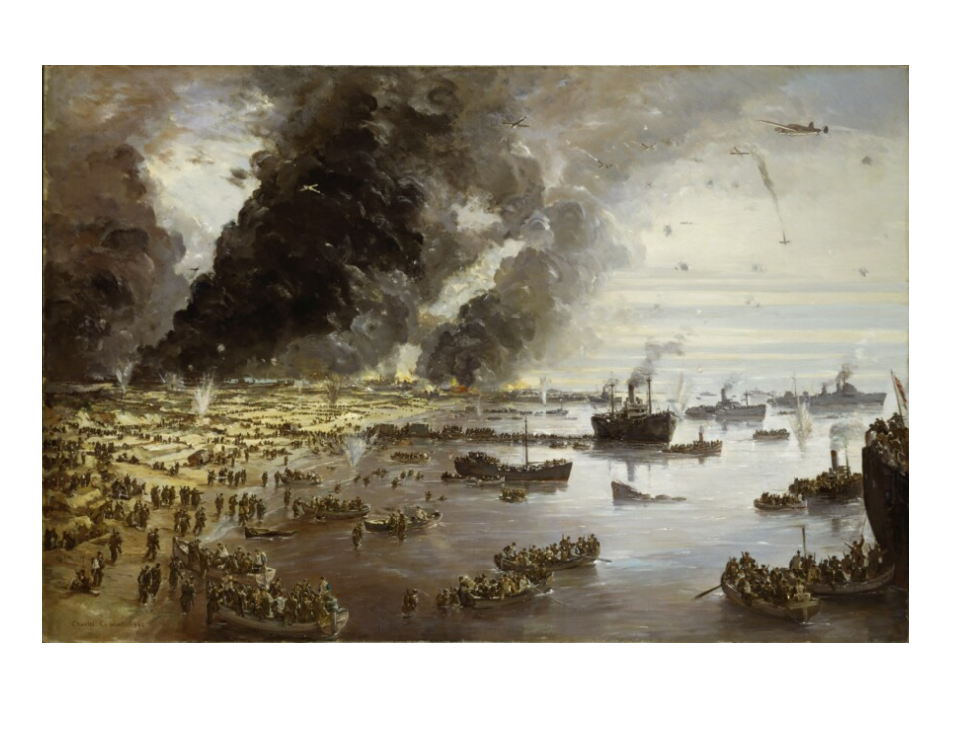
DUNKIRK, 1940 – British, French, and Belgian troops saw their opening, and they took it. In a retreat codenamed “Operation Dynamo”, 338,000 Allied troops were cornered and facing death, but managed to fortify Dunkirk and retreat in a fleet of 900 navy ships, merchant vessels, ferries, and even paddle steamers. They left under heavy fire, just when Hitler had told his Panzer tanks to halt their advance. Over the course of nine days, the largest sea evacuation in history took place. It was not without loss. Many Allied ships were sunk, and over 40,000 men had to be left behind and were captured, but those that escaped rejoined the Allied forces and continued the fight against the advance of Nazi Germany.
The Long March
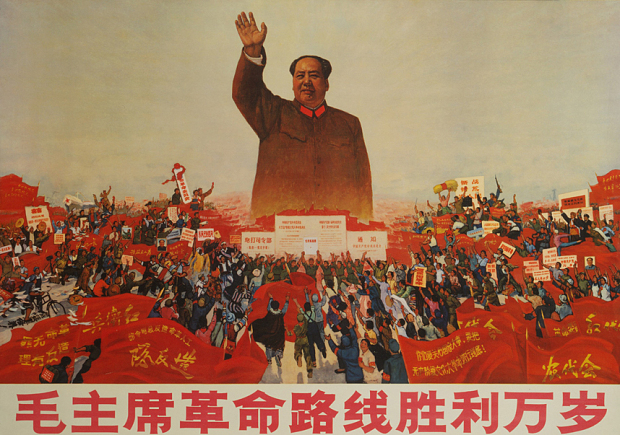
CHINA, 1934 – Mao Zedong would have never reached power in China if not for this famous retreat. The First Red Army was trapped in the Jiangxi Province by Nationalist forces. Mao Zedog and 86,000 other Communists managed to escape out of the surrounding Nationalist army. They trekked west for a whole year, chased by the Nationalist army, braving starvation, disease, over dangerous mountain crossings until they reached Shaanxi. From there, they set up a new headquarters, and Mao reached the top of the Communist food chain, cemented his position, and recruited hundreds of Chinese to his cause.
The March of the 10,000
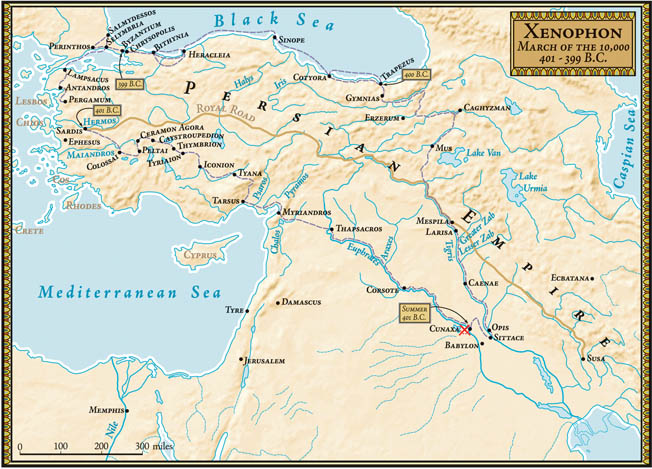
BAGHDAD, 401 BC – It was a flight to safety described in historian Xenophon’s book, Anabasis. The Greek mercenaries hired by Persian prince Cyrus the Younger in a war against Artaxerxes II were pinned down at Cunaxa, stranded behind enemy lines. Instead of surrendering, the mercenaries elected new leaders in the Greek diplomatic fashion and fought their way out of Persia, battling during the day and moving at night. They fought their way across 1,500 miles in cold winter, against hostile Persian natives, but eventually more than 3/4ths of the band made their way home to Greece.
Escape From New York
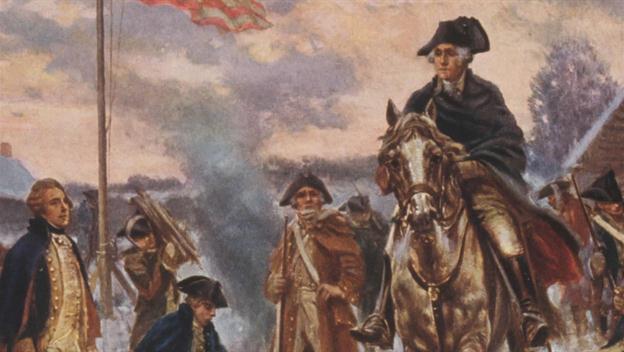
NEW YORK, 1776 – 9,000 of George Washington’s new American army were stuck against the East River, just after a horrific defeat at Brooklyn. British General Sir William Howe launched a siege on the American army, but Washington gathered flat-bottomed boats. As rain began to fall on August 29th, he and his men escaped under the cover of nightfall to Manhattan. They left campfires burning to trick the British into thinking they had the Americans well-in-hand, and muffled their oars with cloth.
When morning came, they were saved by the weather yet again. The rest of Washington’s army escaped from Brooklyn when a thick fog rolled in and masked their retreat. By the time it lifted and the British found out, all 9,000 of the American troops had left with their equipment without so much as a peep.
The Allied Retreat From Gallipoli
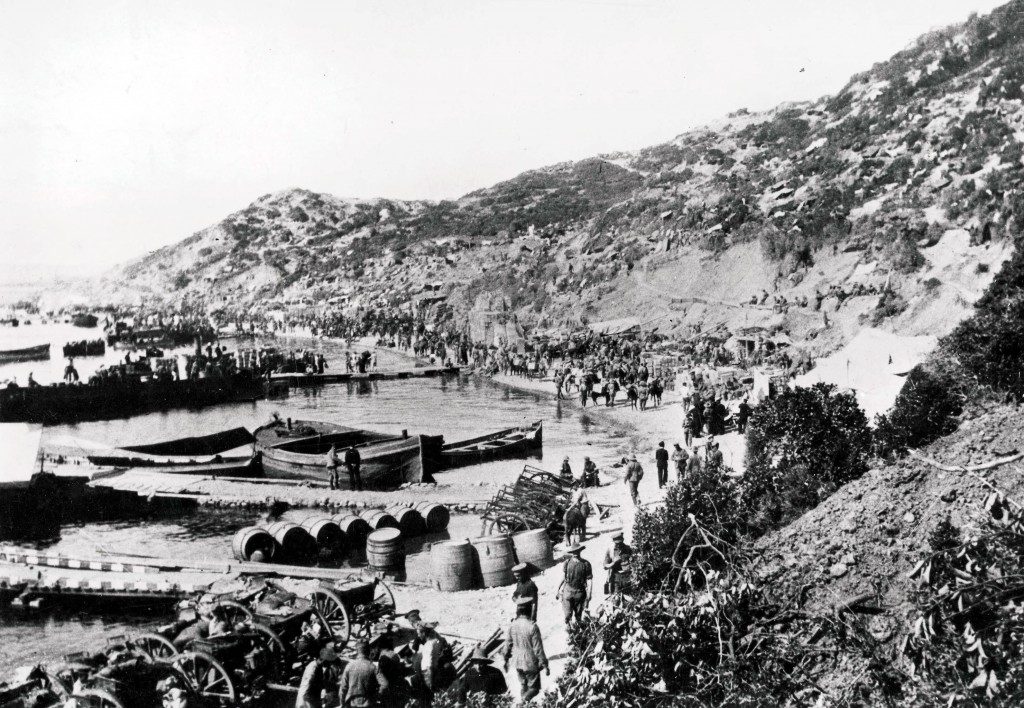
APRIL 1915 – The Allied forces of Britain, France, Australia, and New Zealand attempted an amphibious invasion of the Ottoman Empire, starting with the Gallipoli peninsula. It was an absolute disaster. The Turkish defenders held their ground, and most of the Allied troops were stuck at the same few hundred yards along their beachheads. By October of the same year, the fighting had cooled to a trench warfare stalemate. By December, the Allies had suffered over 200,000 causalities and had to evacuate.
While Gallipoli was one of the Allies’ greatest defeats, the retreat was brilliant. The operation managed to sneak all of the troops off of the peninsula, and none of the Turks ever knew it was even happening. They left decoy tents and cooking fires to trick the enemy into thinking they were still there. And, near the end of the evacuation, they used phantom rifles rigged with strings and water weights to make it seem like they were still there, fighting. The Allies escaped Gallipoli with only a few causalities.